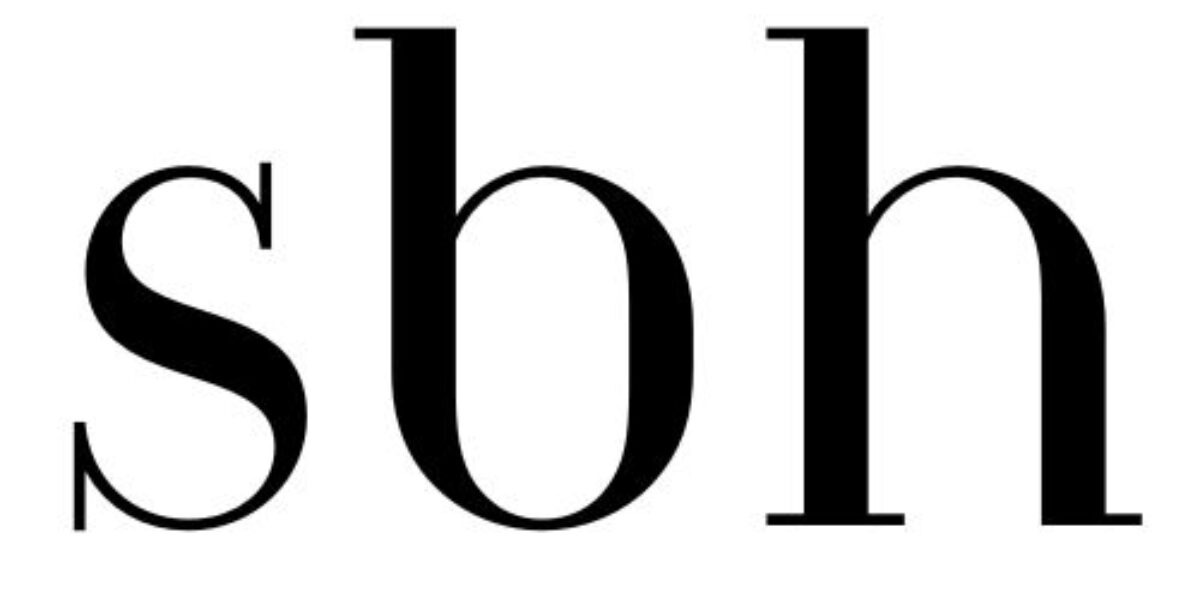A small business in South Africa may be obliged to pay several types of taxes, depending on its legal structure, whether it employs staff, and its annual turnover. SARS offers different tax regimes and incentives tailored for small businesses to simplify compliance or reduce the tax burden.
Here are the different types of tax obligations a small business might encounter:
1. Income Tax (Corporate or Personal)
The way a small business is taxed on its profits depends on its legal structure:
- For Legal Entities (e.g., Private Companies, Close Corporations, Co-operatives):
- These are considered separate legal entities and must register as taxpayers in their own right for corporate income tax purposes.
- Close Corporations (CCs), while no new ones can be registered since 1 May 2011, are treated as companies for income tax purposes.
- Once registered with the Companies and Intellectual Property Commission (CIPC), SARS automatically generates an Income Tax reference number for the business.
- For Non-Legal Entities (e.g., Sole Proprietorships, Partnerships):
- A sole proprietorship is not a separate legal entity; the owner must include the business income in their personal income tax return, and the owner is responsible for the taxes.
- For partnerships, each partner is individually taxed on their share of the partnership profits, as the partnership itself is not registered separately for income tax purposes.
2. Employer Taxes (if employing staff)
If your small business employs staff, you must register as an employer and will be responsible for deducting and paying over various payroll taxes. An employer must register with SARS within 21 business days of becoming an employer, unless none of the employees are liable for normal tax. Any changes to registered particulars must also be communicated to SARS within 21 business days.
The key employer-related taxes are:
- Pay-As-You-Earn (PAYE): This is for deducting employees’ tax from their salaries. Employers must complete a Monthly Employer Declaration (EMP201) to declare the total payment along with allocations for PAYE, SDL, UIF, and ETI. Employers also need to submit Employer Reconciliation Declarations (EMP501) annually or for an interim period, which includes details of Employees’ Tax deducted and Employee Tax Certificates (IRP5/IT3(a)s) issued.
- Unemployment Insurance Fund (UIF): Employers must register for UIF contributions, which provide short-term relief to workers in specific situations like unemployment or maternity.
- Skills Development Levy (SDL): This levy promotes learning and development. Employers liable for SDL must register with SARS and specify their Skills Education and Training Authority (SETA) jurisdiction. Even employers exempt from paying SDL are required to register.
- Employment Tax Incentive (ETI): While not a tax paid, qualifying employers can claim this incentive, which reduces the cost of hiring young and less experienced work seekers, on their EMP201 submission.
3. Special Tax Regimes for Small Businesses
SARS offers specific tax incentives and simplified systems for qualifying small businesses:
- Small Business Corporation (SBC) Incentive:
- If your private company, close corporation, or co-operative meets the criteria to qualify as an SBC, it can benefit from preferential tax rates.
- For example, an SBC pays no income tax on the first R79,000 of taxable income for years of assessment ending on or after 1 April 2019, with progressive rates applying thereafter.
- Turnover Tax:
- This is a simplified system designed for micro businesses with a qualifying annual turnover of R1 million or less.
- It significantly simplifies tax compliance by replacing Income Tax, VAT, Provisional Tax, Capital Gains Tax, and Dividends Tax for qualifying micro businesses.
- Qualifying entities can include individuals (sole proprietors), partnerships, close corporations, companies, and co-operatives.
- Businesses registered for Turnover Tax can, however, elect to remain in the VAT system if they choose.
- A key advantage is the reduced record-keeping requirements, needing only records of amounts received, dividends declared, and a list of assets/liabilities exceeding R10,000 at year-end. To register for Turnover Tax, a completed TT01 form must be submitted.
4. Other Potential Tax Considerations/Incentives
- Value-Added Tax (VAT): For businesses not on the Turnover Tax system, VAT typically applies if their turnover exceeds a certain threshold (the threshold is not specified in the provided sources, but it’s a general tax obligation for many businesses outside the Turnover Tax regime).
- Accelerated Depreciation (Urban Development Zones – UDZ): This was a tax incentive, not a tax obligation. Until 31 March 2021, businesses could claim an accelerated depreciation allowance for the cost of erecting, acquiring, or improving commercial or residential buildings within an approved urban development zone, provided the building was used solely for trade. Specific forms (UDZ1 for erection/improvement, UDZ2 for purchase) needed to be completed and retained for five years.
Small business owners can learn more about these tax obligations through SARS Tax Workshops and Mobile Tax Units. It is also advised to deal with registered and reputable tax practitioners for tax matters. For further assistance, the SARS Contact Centre can be reached.
